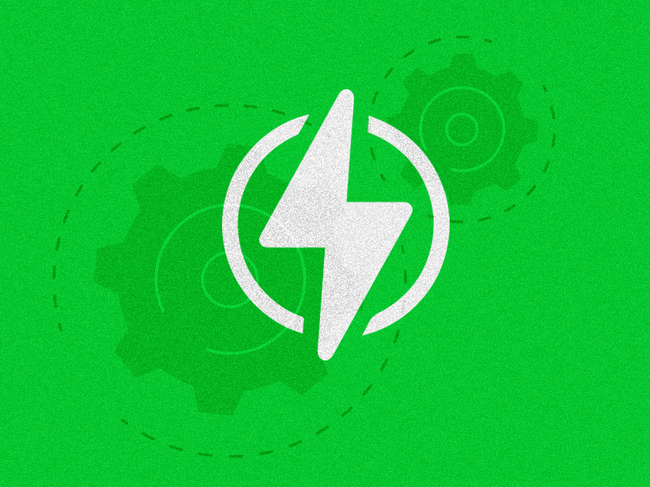 ETtech
ETtechThe firm, which launched the latest version of its flagship bike F77 on Wednesday, is set to begin deliveries of its bikes in European Union (EU) markets like Turkey, Spain and Germany from the second half of this year. The latest version of the F77 is called the Mach 2.
“We have seen a lot of government initiatives around EVs, but they are mostly towards mass adoption, and we understand the need for that, but unless there are a couple of firms in the ecosystem that are constantly pushing the boundaries of tech, the baseline does not get higher,” cofounder and chief executive Narayan Subramaniam told ET.
A higher baseline for tech quality would also spur increased export of Indian technology and products abroad, said cofounder and chief technology officer Niraj Rajmohan. Barriers from regulations in western markets are secondary to the high customer demand for quality, and that is where Indian products have struggled to convince such markets, he opined.
In November, ET reported on premium two-wheeler EV makers like Ather and Ultraviolette expanding into international markets.
Discover the stories of your interest

At the same time, the shift of the research and development facilities of automobile and other advanced tech firms like Mercedes and Airbus has also helped. “A lot of our talent comes from that kind of pedigree… so in that sense firms like ours have massively benefited from such a shift over the past ten years,” Rajmohan added.
The company has already set up dealership and distribution contracts in several EU markets. It may also get local benefits supporting electrification in some of those markets of between 1,000-3,000 euros, Subramaniam said.
Ultraviolette’s new Mach 2 version comes with an improved range of 323 kilometres for the most premium vehicle, up from the 307 kilometres earlier. It will also see a number of updates around regeneration and safety tech and will have a battery warranty of 8 lakh kilometres- the same provided by electric scooter market leader Ola Electric.
In the EU markets, the vehicles will be priced between 9,000 euros (Rs 8.19 lakhs) and 11,000 euros (Rs 10.01 lakhs). In India, it is available for the introductory price of Rs 3 lakhs for the first 1,000 customers, with deliveries starting next month.
The firm has sold over 500 vehicles so far and is looking to scale sales up to 5,000-6,000 vehicles by the end of FY25, Rajmohan said. At the same time, the firm will also increase manufacturing to 1,000 vehicles per month by the end of FY25, while expanding total production capacity to 3,000 per month, he added.
Ultraviolette is profitable at a gross margin level, Subramaniam said. “This is a very capital-intensive business, but still we have been able to reach where we have reached with just $60 million in funding. So capital efficiency is culturally ingrained in us, but we also want to show that to create compelling tech you don’t necessarily need a billion dollars,” he said, adding that the firm was in talks to raise further funds over the next six months as it expanded into the EU.
















 Get Unlimited Access to The Economic Times
Get Unlimited Access to The Economic Times
